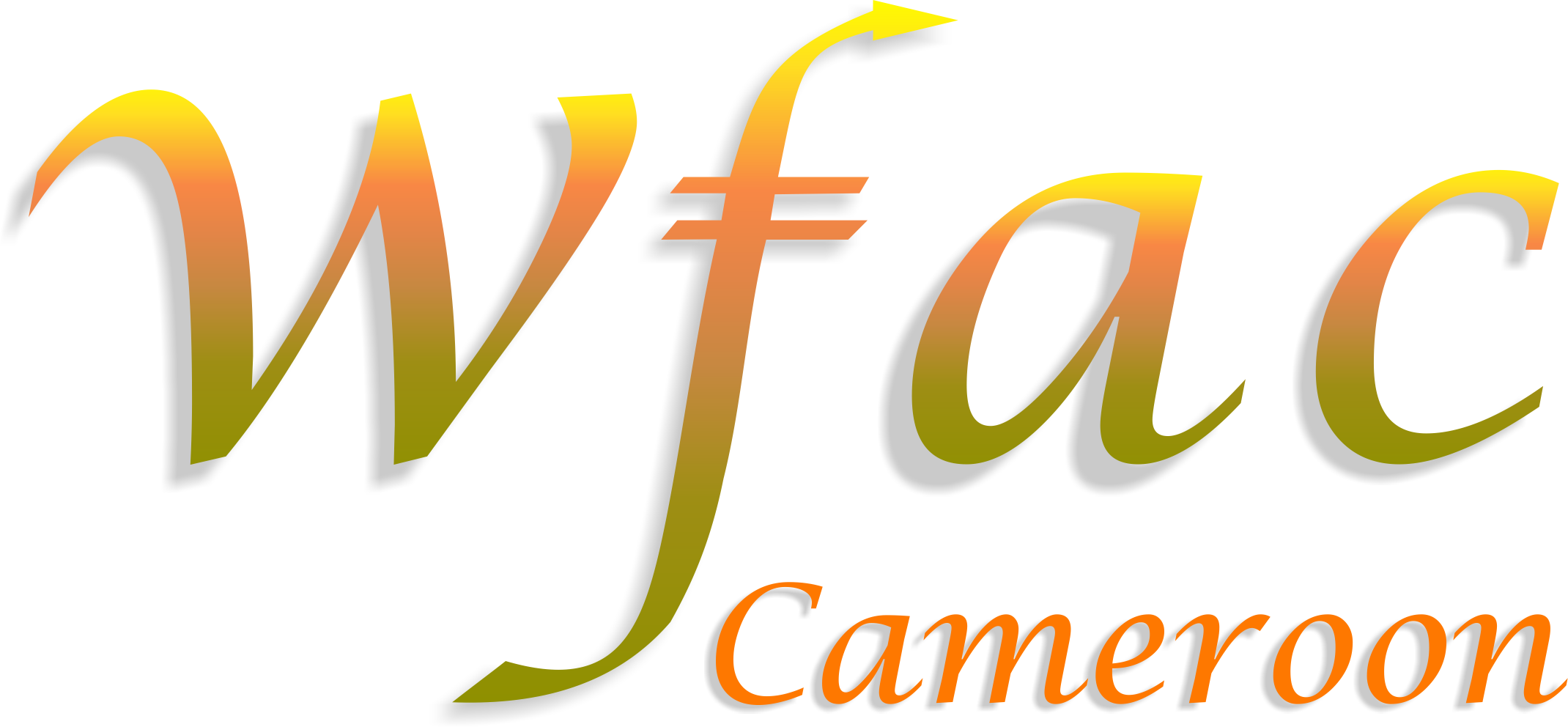
It was merely four months ago delegates gathered in Nairobi for the INC3, to advance negotiations for a global treaty that will end plastic pollution. In pursuant of the conclusions from INC3 in Nairobi , Kenya; this April 2024, the government of Canada hosted what is considered by many, the breaking point in the negotiations for a legally binding instrument that will address the comprehensive life cycle of plastic.
Attended by over 2000 delegates from over 174 countries, the INC4 sought to draw remarkable strides in streamlining the revised zero draft from INC3. Ironically, while the expectation for INC4 was to have a smooth negotiation process, party delegates put in enormous efforts throughout the different sessions to revise the text. In spite of all that, member states still failed to reach convergence on intersessional priorities, which greatly hampered the advancement of the treaty and thus, requiring that parties to still continue the deliberations remotely after the INC4 ends.

The INC4 came at a highly expected time when global and regional conventions on climate change and the environment convene, with the UNEA 6 just preceding in February where key issues concerning the global treaty underscored the conversations at the assembly.
Worthy of note is that prior to the start of the INC4 negotiations in Ottawa, Canada, was the official launch of the Partnership Day in commemoration of World Earth Day by the government of Canada in collaborative partnership with WWF who shared some important insights on the state of plastic pollution by hosting different thematic panel discussions with member states delegates, the private sector and indigenous people’s groups. With studies showing that over 430 million tonnes of plastics are produced annually. And since the 1950s, 9.2 billion tonnes of plastic have been produced, of which 7 billion tonnes have become waste, filling up landfills and polluting lakes, rivers, the soil and the ocean. The panel discussions raised important commitments from stakeholders and geared delegates in light to what was expected to be a storm feast week for negotiations.

Following which the negotiations went on for the next seven days, facilitated by the establishment of two separate contact groups and subsequent subgroups from each contact group that worked towards streamlining parts of the revised zero draft text into a more simple and less complex document. From the opening plenary, delegates got instantly into work in their different contact groups and subgroups with a focus on negotiating and simplifying the options and articles found within the revised zero draft from INC3.
In the heart of the negotiations, there were also side events hosted by collaborative partners, observer organizations and member states in forms of regional coordination meetings happened simultaneously within the INC4 process where observers could directly engage with member state representatives, the INC secretariat and other participants both from the private and public sector. This gave delegates a fulfilling sense of participation and allowed for questions to be asked and doubts about the process clarified.
One of the most pertinent things discussed and negotiated at the INC4 was to highlight and underscore the works and contributions of waste pickers and indigenous people in the global treaty. The need to have their voices fully reflected within the instrument was also at the heart of the conversations. With Women Major Groups constrained from operating and engaging in the negotiation processes as a UNEP mandated entity, the working group was obliged to adopt a new face to enable their effective interaction and continuous participation in the conversation as Women’s Working Group. Just as member states held regional coordination meeting on a daily basis to discuss on possible ways forward in order to advance the continent’s agenda, so did the working group hold daily coordination meeting with all WMG members present and participating at the INC4, and also convene a daily color campaign to bring visibility to the working group and also advocate for the need to include the major groups as independent entities in the INC processes.

To conclude, the INC4 was more than just a treaty on plastic to be negotiated, rather a treaty on human health and the environment. The negotiations met with a lot of divergence as member states sought more for their personal and economic welfare than that of the planet and this greatly hampered the advancement of the negotiations. As an eco feminist organization, we want to see the INC processes taking a transformative, intersectional and intergenerational approach. Given that most delegates are still men, few meaningful participation of women especially from the global south remains a huge concern to us, especially as most of those bearing the impact (health and economic) of plastic pollution are women and girls.
As such we hope that the final process INC set at INC5 in Busan this November 2024 will indeed “turn the tap of plastic pollution off” as purported by UNEP Executive Director, Inger Andersen at INC4 .









